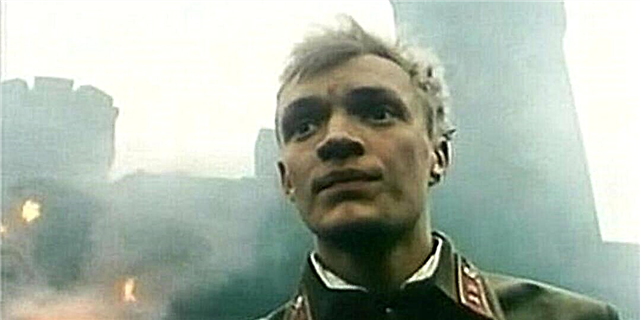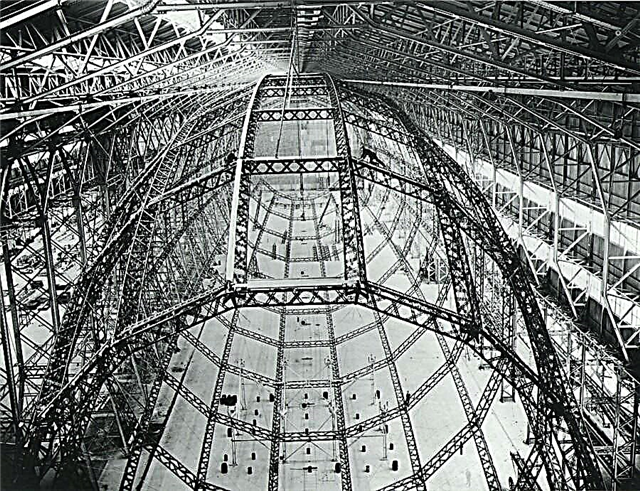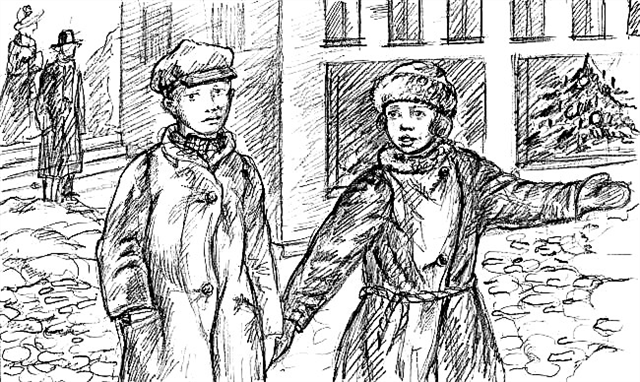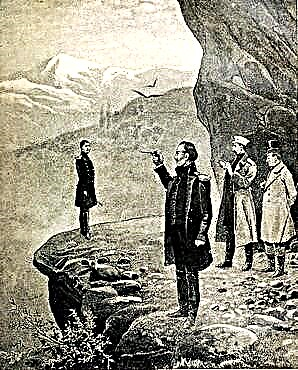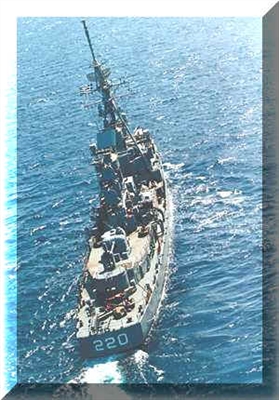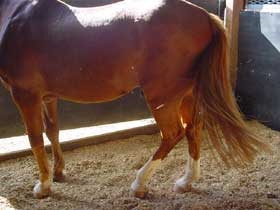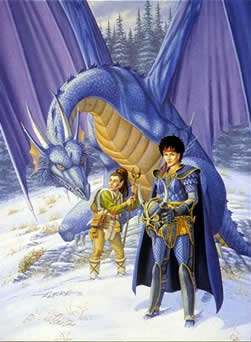Memorial Day (end of summer, beginning of autumn). Aged Tolgonay comes to the field to pour out his soul. This strong woman has no one to complain about her life.
As a child, during the harvest, Tolgonai was brought to the field by the hand and planted in the shade under the shock. The girl was left a loaf of bread so that she would not cry. Later, when Tolgonay grew up, she ran to protect the crops from cattle, which in the spring were driven past the fields into the mountains. At that time, she was a swift, shaggy girl. It was a hectic and carefree time.
Tolgonay never wore silk dresses, but she still grew a conspicuous girl. About seventeen years old she met on the harvest of a young Suvankul, and love broke out between them. Together, they built their lives. Suvankul learned to become a tractor driver, then became a collective farm leader. Everyone respected their family.
Tolgonay regrets having given birth to three sons in a row. The eldest, Kasym, followed in the footsteps of his father and became a tractor driver. Later, he learned to be a combine operator, the only one on the collective farm. He was a prominent young man and once brought a bride to the house, a beautiful mountain woman Aliman. Tolgonay fell in love with her daughter-in-law, the young began the construction of a new house. The middle son, Tolgonay's favorite, Maselbek, left for the city to study as a teacher.The youngest son, Jainak, was a Komsomol secretary, cycling on business and rarely appeared at home.
Everything was fine until news of the war came to the collective farm. Men began to be drafted into the army. So Suvankul and Kasym left. When Suvankul died in the offensive near Moscow, Tolgonay, along with his daughter-in-law Aliman, became widows at the same time. She could not complain and curse fate, she needed to support the heartbroken daughter-in-law. Together they worked in the field. Until the end of the war, Tolgonay was a foreman. Aliman lived with her and took care of her mother-in-law.
Maselbek went to the army from the city, and Tolgonay saw him only once, when the train with the military passed by. He died too. Jainak was a volunteer. He went missing.
Things went bad on the collective farm, there was not enough food. Tolgonay tried her best. She obtained permission to sow the wasteland. The remnants of grain for seeds were scraped from all the houses, but he was stolen by Jenshenkul, who took refuge from the army and was engaged in robbery. Tolgonay went in pursuit of her son, but could not return the grain - he shot and killed her horse. When Jenshenkul was caught, Tolgonay was a witness. The wife of the criminal son wanted to dishonor Tolgonay, take revenge, and at all said Aliman about pregnancy.
Tolgonay was sad because of her daughter-in-law. She was young and resigned to her fate. The mother-in-law became attached to her as to her daughter, and thought that after the war she would certainly find her a husband. At this time, a beautiful, young shepherd appeared in their area. Once Aliman came home drinking. She cried and asked for forgiveness from Tolgonai, whom she called her mother.It later turned out that Aliman was pregnant. The neighbors secretly went to this guy's village, hoping that he would marry, and the Tolgonay family would escape shame, but he turned out to be a family man, and his wife drove them away.
Aliman died during childbirth, leaving her son. He was called Zhanbolot. The daughter-in-law of old Jorobek fed the baby. The neighbors helped. Bektash, the son of Aisha’s neighbor, trained the boy and later took over to work as a strawman on a combine.
Tolgonay promises the field that while she is alive she will never forget her family, and when Zhanbolot grows up, she will tell him everything. Tolgonay hopes he will understand.

